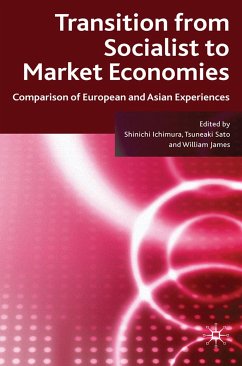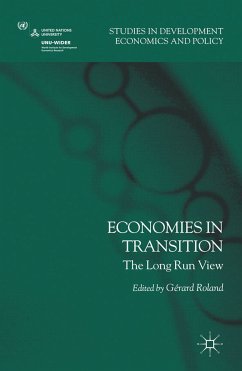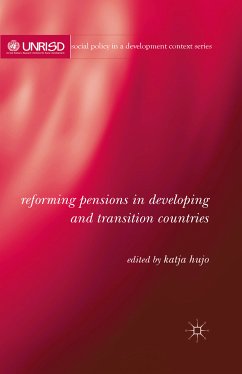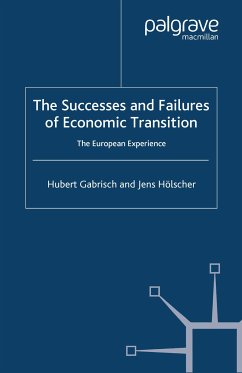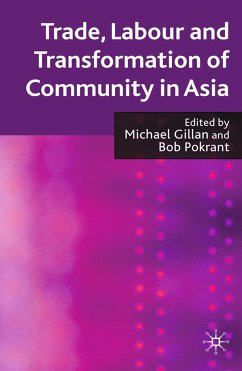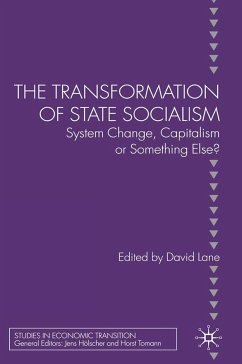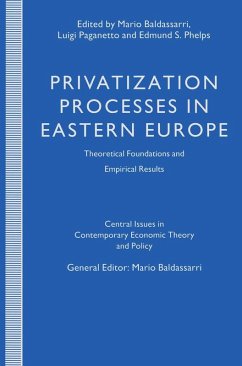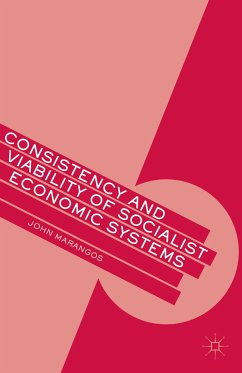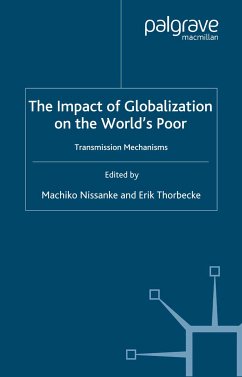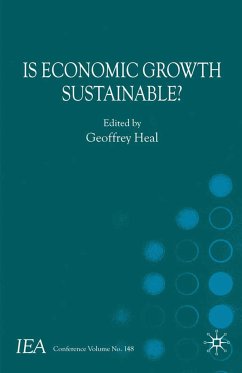SHINICHI ICHIMURA is a well-known econometrician (the Econometric Society fellow since 1962) and leading scholar of Asian economies, director of Kyoto University, Japan. He worked in the Institute of SEAS for 1969-79 and was a vice-chancellor of Osaka International University (88-95). He also was director of ICSEAD, Kitakyushu (95-2005) and founder of East Asian Economic Association (1987) TSUNEAKI SATO is Professor Emeritus, Yokohama City University, Japan. Between 1987 and 1991 he was President of the Japan Association for Comparative Economic Studies (JACES). He was on the Editorial Board of the international journal Comparative Economic Studies (1991-95), and worked as temporary research staff with the UN (1992-93, 96-97). He has written extensively on the economic reforms in the former Soviet and Eastern European Countries and then systemic transformation in these countries. In the late 1980s and 1990s, he took part in a number of advisory groups for Transition countries. At a conference in Moscow early in June 1992, he strongly argued against Jeffrey Sachs. His major work after the Transformation is The Economic System of Post-Socialism (Iwanami Pub., Tokyo, 1997, in Japanese). His contributions to international publications include Moct-Most (No.1, 1995), Economic Systems (No.2, 1999), Privatization in the Transition Process : Recent Experiences in Eastern Europe, (UNCTAD, Geneve, 1994), Re-evaluating Economic Reforms in Central and Eastern Europe since 1989 (Budapest, 1996) and The 10-Year Review of Transitional Economies and Challenges in the Next Decade (UNIDO, Vienna, 2001). WILLIAM E. JAMES is a Principal Economist at the Asian Development Bank, Philippines. He regularly contributes to the Asian Development Outlook and writes extensively on Asian economic issues. He has served as advisor to trade, finance ministers and central banks in Asia and taught at several universities in Japan and the US.
